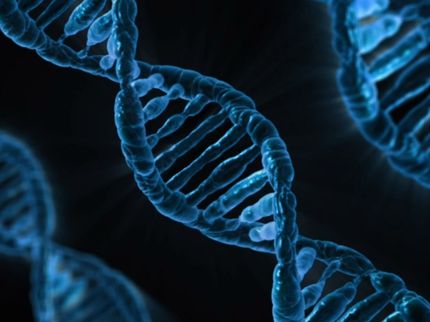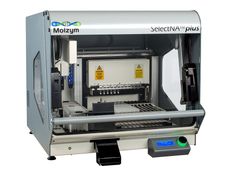SEQUENOM Discovers Gene Linked to Bone Mineral Density
Advertisement
SEQUENOM, Inc. announced the discovery of a genetic variation in the gene encoding phosphodiesterase 4D (PDE4D) that is believed to affect osteoporosis risk. Fragility fractures caused by osteoporosis are a major cause of morbidity and mortality in the aging population.
This is the first study to demonstrate that genetic variations in the PDE4 gene family might be involved in human osteoporosis. Previously, PDE4 inhibitors have been shown to increase bone mass in normal and osteopenic mice. However, the genetic variants underlying this genetic condition in humans were largely unknown. Researchers at SEQUENOM conducted a genome-wide, large-scale association study with a set of 25,000 single nucleotide polymorphisms (SNPs) involving over 600 Caucasian female individuals. The initial association was subsequently confirmed in two large, independent replication studies to validate the initial findings (combined OR = 1.7). In addition, the previously reported BMD association of BMP2, a bone morphogenetic protein known to have synergistic effects with PDE4D, was also confirmed in this study.
Designed to quickly and accurately perform high throughput genetic analysis, SEQUENOM's proprietary MassARRAY system and its large collection of SNP reagents made the discovery of the PDE4D genetic variations possible.
Original Publication: "Association between a variation in the phosphodiesterase 4D gene and bone mineral density"; BMC Medical Genetics, online edition.
Most read news
Topics
Organizations
Other news from the department science
These products might interest you

Get the life science industry in your inbox
By submitting this form you agree that LUMITOS AG will send you the newsletter(s) selected above by email. Your data will not be passed on to third parties. Your data will be stored and processed in accordance with our data protection regulations. LUMITOS may contact you by email for the purpose of advertising or market and opinion surveys. You can revoke your consent at any time without giving reasons to LUMITOS AG, Ernst-Augustin-Str. 2, 12489 Berlin, Germany or by e-mail at revoke@lumitos.com with effect for the future. In addition, each email contains a link to unsubscribe from the corresponding newsletter.


























































